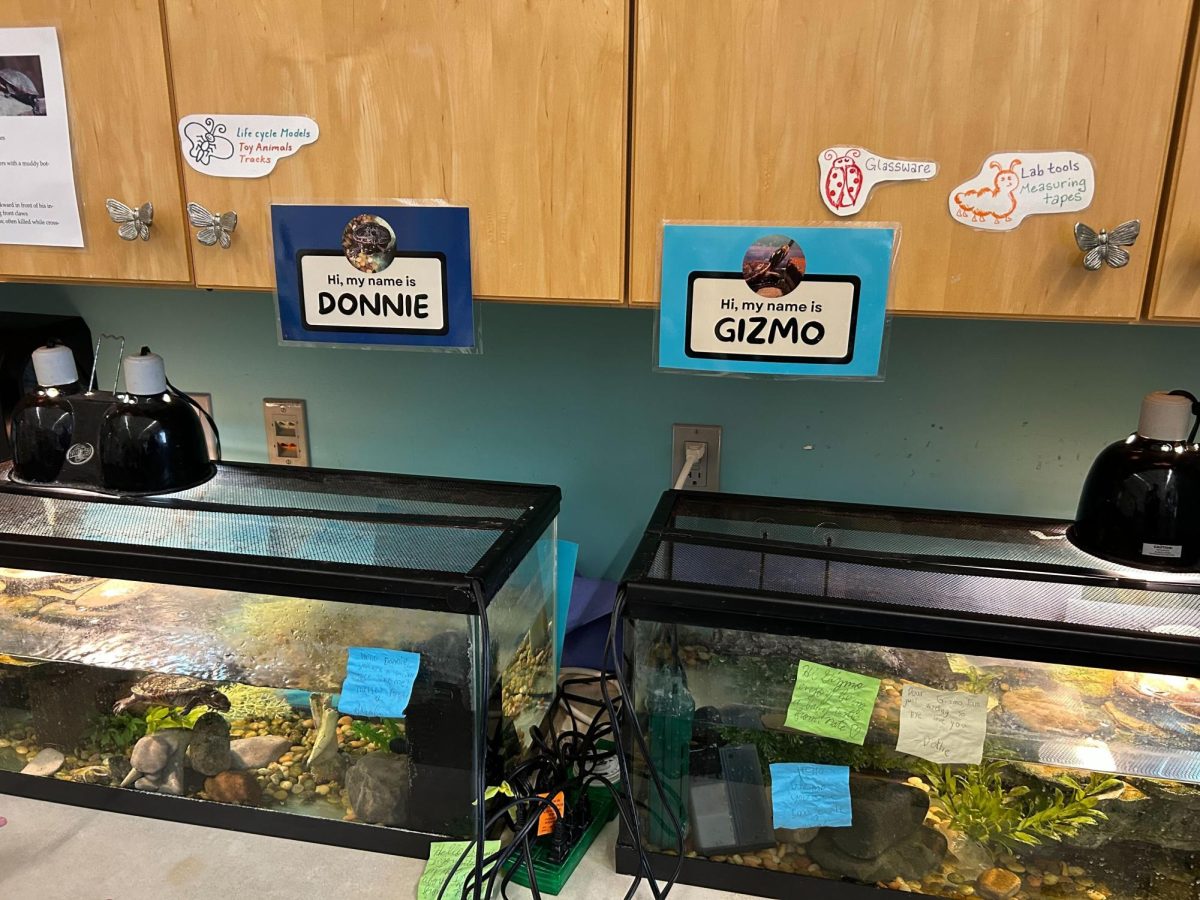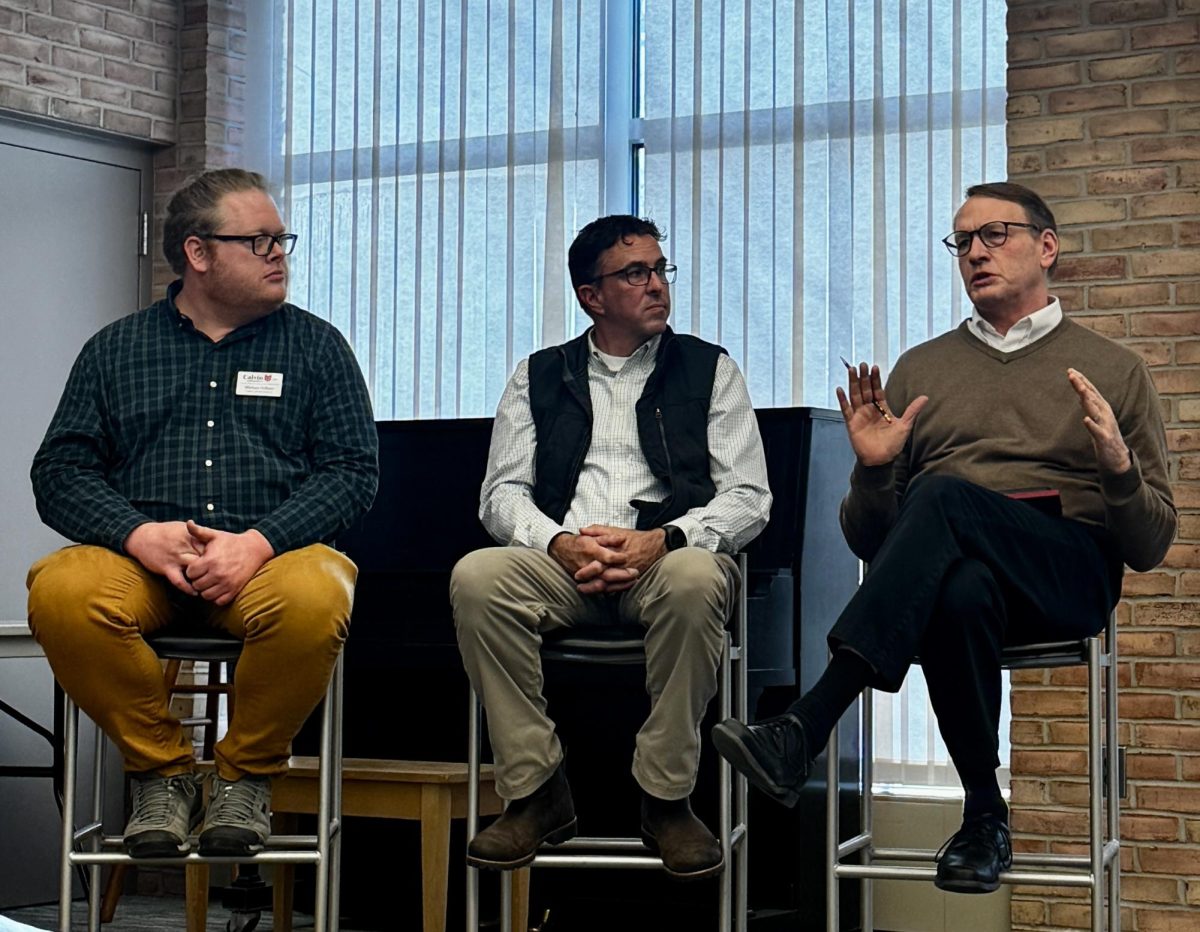This week, the fertility regulator of the United Kingdom gave British scientists the green light to genetically modify human embryos in an effort to provide a deeper understanding of the first moments of human life.
The Human Fertilisation and Embryology Authority (HFEA) regulator granted Dr. Kathy Niakan, a stem-cell scientist at the Francis Crick Institute in London, licence to experiment with human gene-editing. This decision comes less than one year after scientists in China carried out similar experiments to correct a gene that causes a blood disorder.
“We would really like to understand the genes needed for a human embryo to develop successfully into a healthy baby,” Dr. Niakan told the BBC. “The reason why it is so important is because miscarriages and infertility are extremely common, but they’re not very well understood.”
Dr. Niakan’s research will focus on the first seven days of a fertilized egg’s development. She will be using a procedure called Crispr-Cas9, which allows scientists to make precise changes to DNA. In this procedure, scientists program an RNA molecule attached to a Cas9 enzyme to match a faulty section of DNA. Then, the RNA aligns with the faulty DNA, allowing the Cas9 to cut the DNA double helix at both ends. Finally, scientists either allow the DNA to repair naturally or insert a healthy section of DNA.
Dr. Niakan’s licence permits her to study embryos donated by couples with a surplus after in vitro fertilization treatment for 14 days. She is allowed to study the embryos for research purposes only. The resulting embryos may not be implanted into women.
“I am delighted that the HFEA has approved Dr. Niakan’s application,” Paul Nurse, director of the Francis Crick Institute, told the Guardian. “Dr. Niakan’s proposed research is important for understanding how a healthy human embryo develops and will enhance our understanding of IVF success rates, by looking at the very earliest stage of human development — one to seven days.”
The decision to allow experimentation on human embryos is not without its controversy. Many are concerned about the potential ethical implications of carrying out these experiments.
Anne Scanlan, director of anti-abortion education and media organization Life, is one such person.“The HFEA now has the reputation of being the first regulator in the world to approve this uncertain and dangerous technology,” she told the Guardian. “It has ignored the warnings of over 100 scientists worldwide and given permission for a procedure that could have damaging far-reaching implications for human beings.”
Others are concerned about the possibility of “designer babies,” as well as the potential resurgence of eugenics.
“This is the first step in a well mapped-out process leading to [genetically modified] babies and a future of consumer eugenics,” Dr. David King, director of Human Genetics Alert, told the Guardian.
Scientists in favor of the research pointed out that the HFEA is aware of its controversial nature, and took that into account when making a decision.
Dr. Sarah Chan of the University of Edinburgh told the BBC, “The use of genome editing technologies in embryo research touches on some sensitive issues, therefore it is appropriate that this research and its ethical implications have been carefully considered by the HFEA before being given approval to proceed.”
“We should feel confident that our regulatory system in this area is functioning well to keep science aligned with social interests,” he continued.








